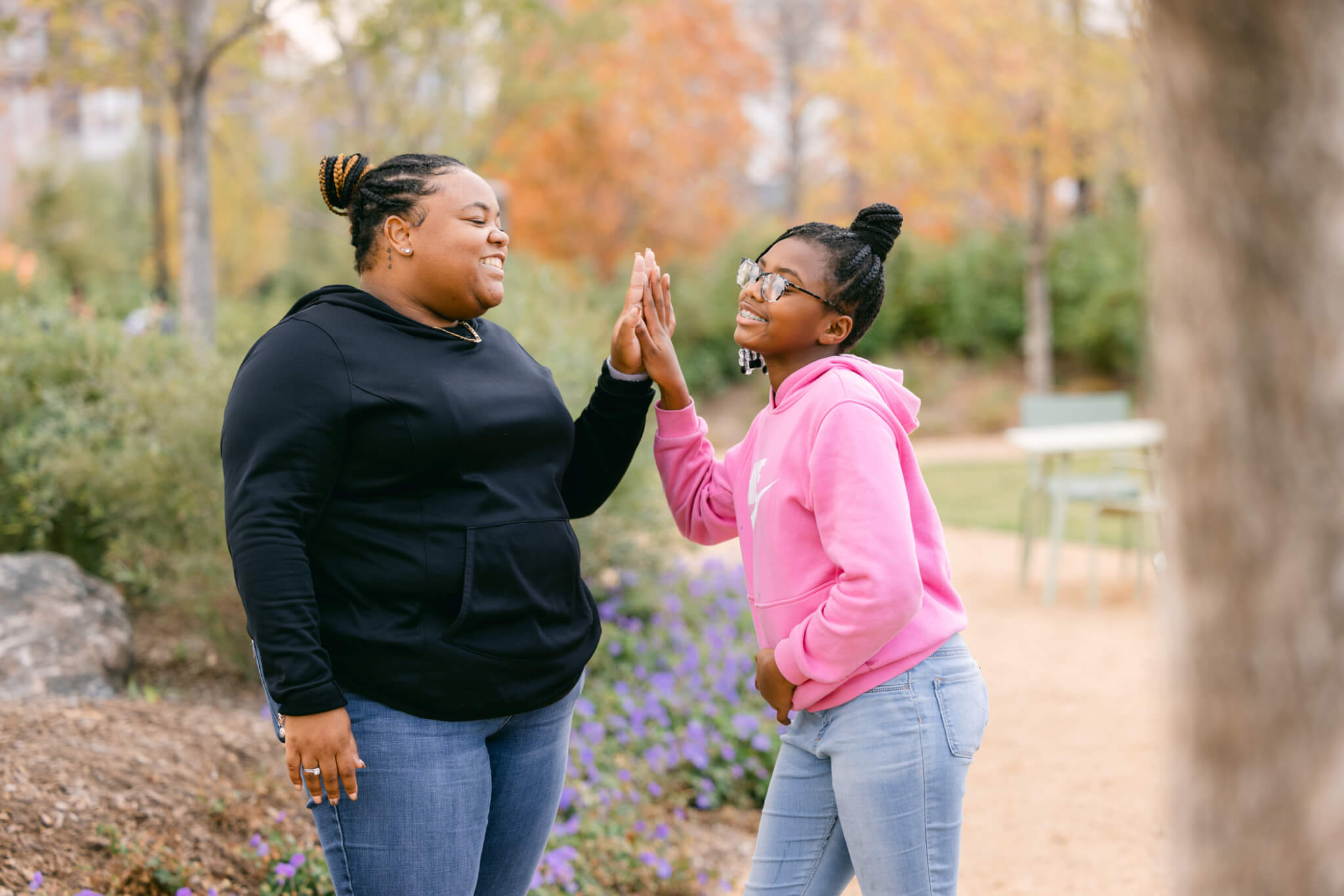Having a designated program coordinator for your Success Mentors program is a critical element to ensure your program’s success, effectiveness and safety. This Success Mentors Coordinator Training Facilitator Guide, created by Mentoring Partnership and Resource Center, guides school personnel and other trainers through the delivery of a training for Success Mentor Program Coordinators. Program Coordinators implement, oversee and manage the Success Mentors program, from the recruitment, screening, and training of mentors, to communication with students and families, to matching students with mentors, to monitoring and supporting these matches and ultimately supporting the healthy closure of the mentoring relationship. Program coordinators may be school guidance counselors, school social workers, school administrators, or other designated school or community-based personnel whose responsibility it is to oversee a school or district’s Success Mentors programming.
This training was created for use by MBK Success Mentors districts who were a part of the 2016 MBK National Success Mentors Initiative launched by the U.S. Department of Education and the White House My Brother’s Keeper Initiative. However, it can be adapted to suit other schools and districts who are implementing this model, if the components of the training relative to the formal MBK Initiative are removed.
This guide includes the facilitator’s notes, example PowerPoint slides, and accompanying handouts. It is recommended that this training be delivered with the support of your local MENTOR Sffiliate. Reach out to your local Affiliate for additional help, or contact Delia Hagan at MENTOR, at dhagan@mentoring.org.
Training Handouts:
- 2016-2017 Success Mentor Implementation Guide
- Elements of Effective Practice for Mentoring, 4th Edition
- Search Institute Developmental Relationships Handout
- Checklist for Developing and Launching a Success Mentors Program
- Success Mentors Technical Assistance Request Template
- Success Mentors Coordinator Training Evaluation
Using Text Messaging to Support Success Mentors
Monitoring and supporting your Success Mentors is essential to your delivery of an effective and safe program that truly benefits your students. Your approach to supporting the mentoring relationships in your programs will depend on your program model, the needs of your mentors, and the needs of your students. Because many Success Mentors are busy teachers and other school personnel, text messaging can be a creative way to supplement your monitoring and support approaches, with timely reminders that draw your mentors to resources, tips, and tools. Check out this guide created by Mentor New York, Using Text Messaging to Support Success Mentors, for tips and sample content that will help you use this innovative strategy with the Success Mentors in your school or district. And be sure to read the Elements of Effective Practice for Mentoring™ to learn more about the benchmarks for safe and effective monitoring and support.
Using Text Messaging to Support Success Mentors
Training Curriculum: Trauma-Informed Mentoring
Unfortunately, many young people have faced traumatic experiences that can create challenges in their lives and relationships. Mentors may not be aware of young people’s traumatic experiences, even when they know their mentees well. This training, created by MENTOR Nebraska, will help your Success Mentors understand the potential impacts of trauma on young people, and what they can do to support mentees’ healing and recovery. This training can also be delivered to mentoring program coordinators. It includes notes for facilitators to help them deliver this training, as well as accompanying handouts. Reach out to your local Affiliate for additional help, or contact Delia Hagan at MENTOR: The National Mentoring Partnership, at dhagan@mentoring.org.
Training Handouts



